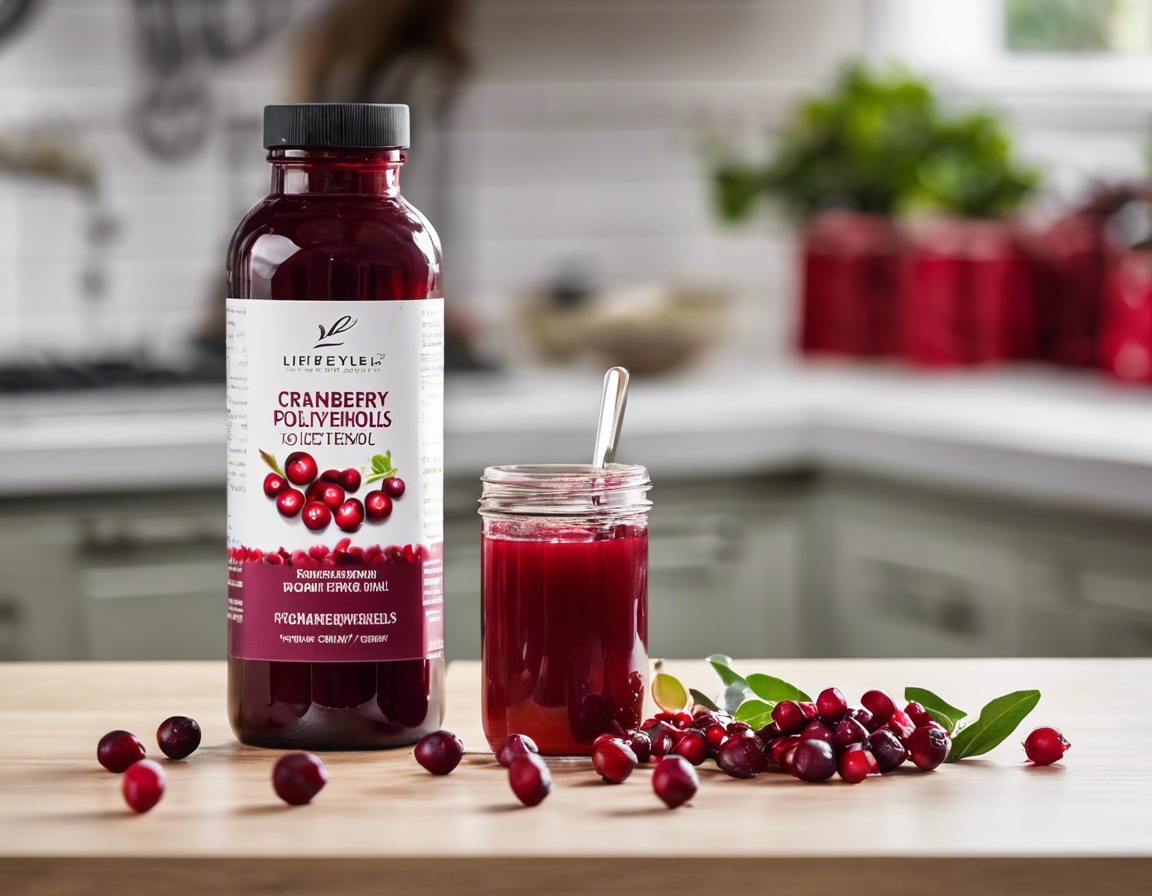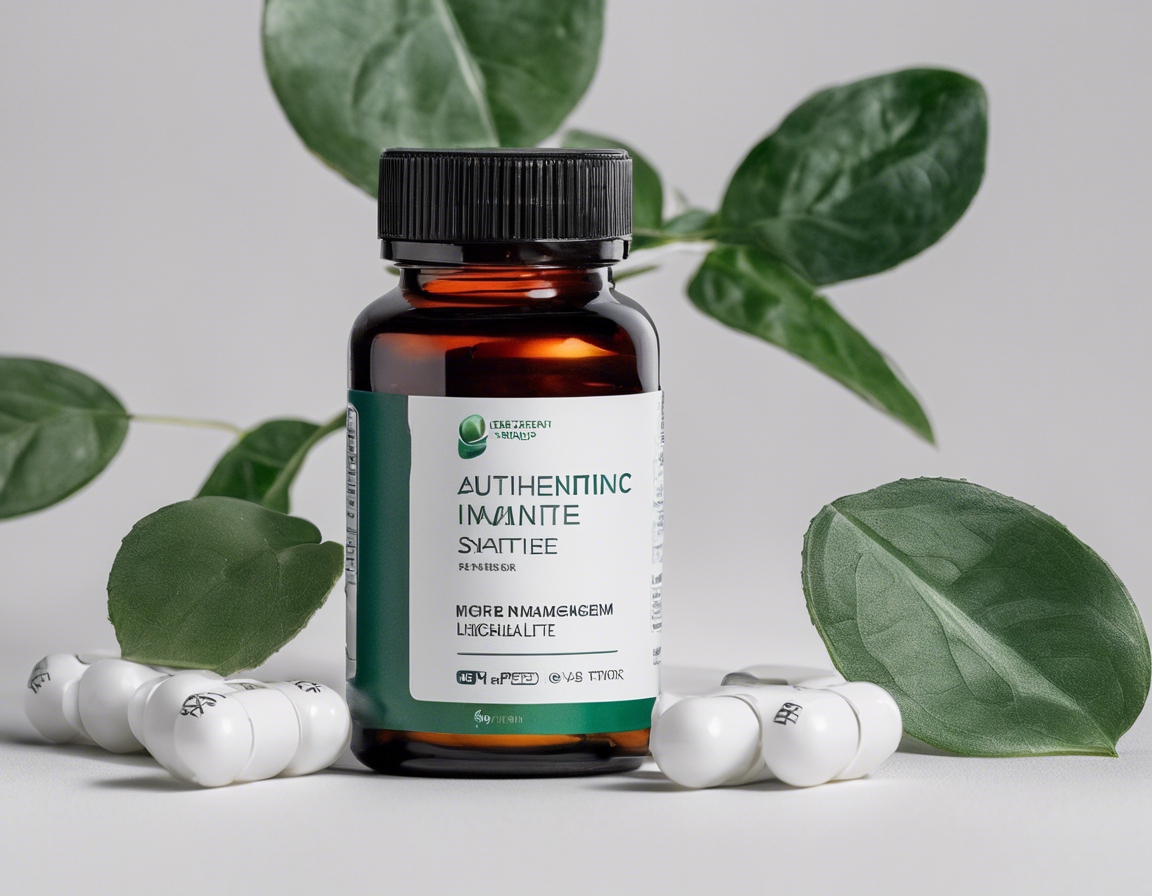The science of slowing down aging
Aging is an inevitable part of life, a complex process influenced by genetic, environmental, and lifestyle factors. Understanding how these elements contribute to aging can help us find ways to slow down the process and enhance our quality of life as we grow older.
Aging is characterized by the gradual decline of physiological functions necessary for survival and fertility. This biological process is influenced by an accumulation of damage to cells, tissues, and organs over time, leading to decreased function and increased vulnerability to diseases.
Several theories explain why aging occurs, including the telomere shortening theory, the mitochondrial dysfunction theory, and the hormonal changes theory. Each of these contributes to the aging process in different ways, affecting cellular repair mechanisms, energy production, and systemic balance.
Nutrition and Its Role in Aging
Antioxidants play a crucial role in combating free radicals, unstable molecules that can cause oxidative stress and damage cells. Consuming foods rich in antioxidants can help protect the body and slow down the aging process.
Inflammation is a natural immune response, but chronic inflammation can lead to various age-related diseases. Anti-inflammatory foods can help reduce this risk and promote longevity.
Studies have shown that caloric restriction, without malnutrition, can extend lifespan and delay the onset of age-related diseases in various species. This approach may also have benefits for humans in terms of aging.
Lifestyle Factors Influencing Aging
Regular physical activity is one of the most effective ways to combat aging. Exercise improves cardiovascular health, strengthens muscles, and enhances cognitive function, all of which can contribute to a longer and healthier life.
Chronic stress can accelerate the aging process by affecting hormonal balance and cellular health. Effective stress management techniques can help mitigate these effects.
Quality sleep is essential for repairing and rejuvenating the body. Poor sleep habits can lead to accelerated aging and increased risk of age-related diseases.
Supplements and Natural Remedies
Supplements such as resveratrol, coenzyme Q10, and omega-3 fatty acids are often touted for their potential anti-aging benefits. While some evidence supports their use, it's important to approach supplementation with caution and seek professional advice.
Certain herbs and natural compounds, like turmeric and green tea, have been associated with anti-aging properties due to their antioxidant and anti-inflammatory effects.
Technological and Medical Advances
Regenerative medicine, including stem cell therapy, holds promise for repairing and replacing damaged tissues and organs, potentially reversing some aspects of aging.
Advancements in genetic engineering, particularly CRISPR technology, offer the possibility of directly addressing the genetic causes of aging and age-related diseases.
Mindset and Mental Health
Mental health is intimately connected to physical health, and maintaining a positive mindset can have profound effects on one's overall well-being and longevity.
Engaging in cognitive exercises and activities can help maintain mental agility and reduce the risk of cognitive decline as we age.






Comments (0)